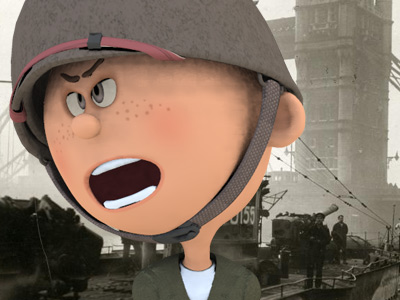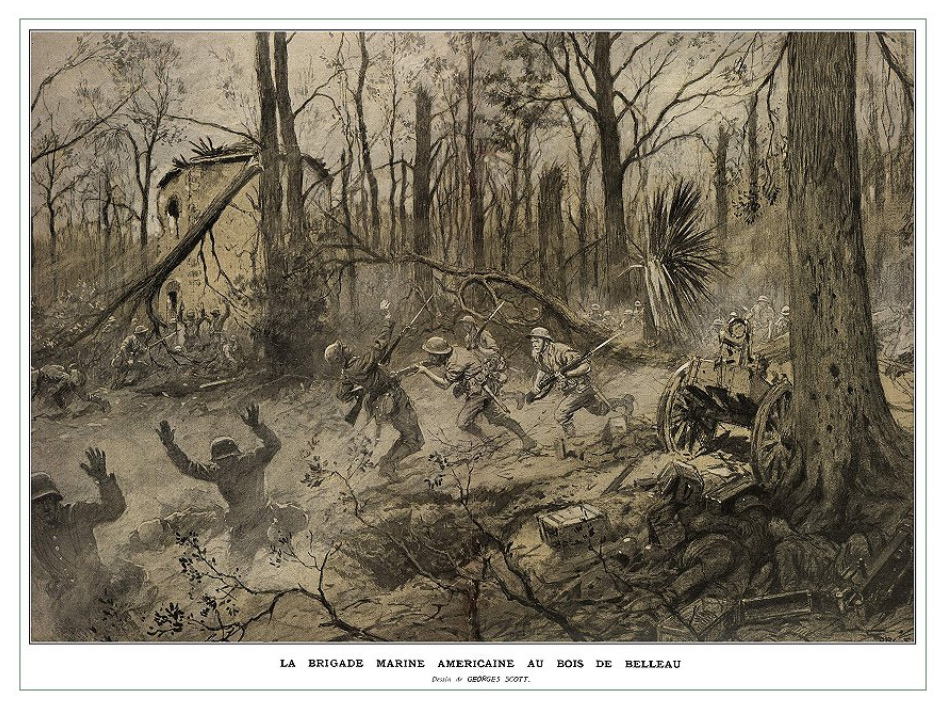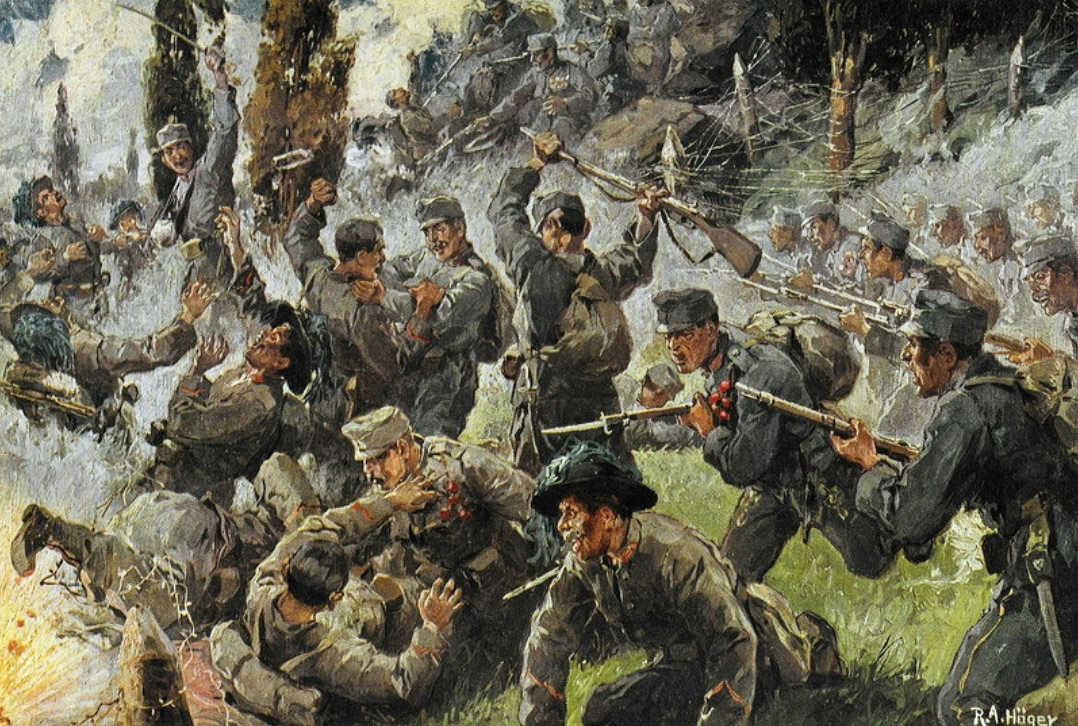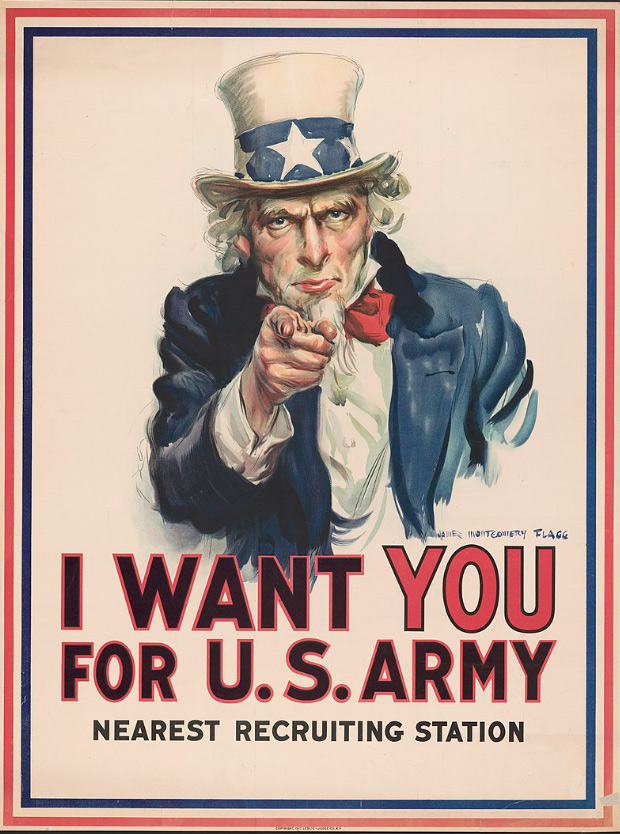World War I (1914-1918)
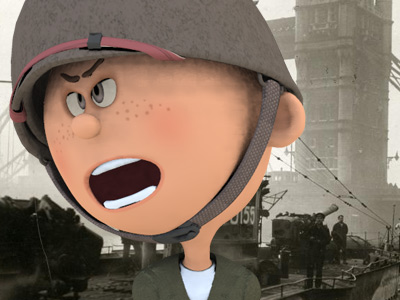
First Battle of Gaza
The First Battle of Gaza was fought on 26 March 1917, during the first attempt by the Egyptian Expeditionary Force (EEF) to invade the south of Palestine in the Ottoman Empire during the Sinai and Palestine Campaign of the First World War. Fighting took place in and around the town of Gaza on the Mediterranean coast when infantry and mounted infantry from the Desert Column, a component of the Eastern Force, attacked the town. Late in the afternoon, on the verge of capturing Gaza, the Desert Column was withdrawn due to concerns about the approaching darkness and large Ottoman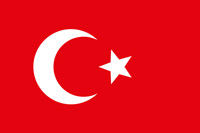 The Ottoman Empire, also known as the Turkish Empire, was an empire that controlled much of Southeast Europe, Western Asia, and Northern Africa between the 14th and early 20th centuries. The Ottomans ended the Byzantine Empire with the conquest of Constantinople in 1453. The Ottoman Empire's defeat and the occupation of part of its territory by the Allied Powers in the aftermath of World War I resulted in its partitioning and the loss of its Middle Eastern territories. reinforcements. This British
The Ottoman Empire, also known as the Turkish Empire, was an empire that controlled much of Southeast Europe, Western Asia, and Northern Africa between the 14th and early 20th centuries. The Ottomans ended the Byzantine Empire with the conquest of Constantinople in 1453. The Ottoman Empire's defeat and the occupation of part of its territory by the Allied Powers in the aftermath of World War I resulted in its partitioning and the loss of its Middle Eastern territories. reinforcements. This British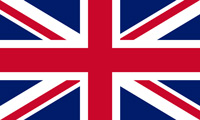 The British Empire, was composed of the dominions, colonies, protectorates, mandates, and other territories ruled or administered by the United Kingdom and its predecessor states. At its height it was the largest empire in history and, for over a century, was the foremost global power. By the start of the 20th century, Germany and the United States had begun to challenge Britain's economic lead. defeat was followed a few weeks later by the even more emphatic defeat of the Eastern Force at the Second Battle of Gaza in April 1917.
The British Empire, was composed of the dominions, colonies, protectorates, mandates, and other territories ruled or administered by the United Kingdom and its predecessor states. At its height it was the largest empire in history and, for over a century, was the foremost global power. By the start of the 20th century, Germany and the United States had begun to challenge Britain's economic lead. defeat was followed a few weeks later by the even more emphatic defeat of the Eastern Force at the Second Battle of Gaza in April 1917.
In August 1916 the EEF victory at Romani ended the possibility of land-based attacks on the Suez Canal, first threatened in February 1915 by the Ottoman Raid on the Suez Canal. In December 1916, the newly created Desert Column's victory at the Battle of Magdhaba secured the Mediterranean port of El Arish and the supply route, water pipeline, and railway stretching eastwards across the Sinai Peninsula. In January 1917 the victory of the Desert Column at the Battle of Rafa completed the capture of the Sinai Peninsula and brought the EEF within striking distance of Gaza.
In March 1917, two months later, Gaza was attacked by Eastern Force infantry from the 52nd (Lowland) Division reinforced by an infantry brigade. This attack was protected from the threat of Ottoman reinforcements by the Anzac Mounted Division and a screen from the Imperial Mounted Division. The infantry attack from the south and southeast on the Ottoman garrison in and around Gaza was strongly resisted. While the Imperial Mounted Division continued to hold off threatening Ottoman reinforcements, the Anzac Mounted Division attacked Gaza from the north. They succeeded in entering the town from the north, while a joint infantry and mounted infantry attack on Ali Muntar captured the position. However, the lateness of the hour, the determination of the Ottoman defenders, and the threat from the large Ottoman reinforcements approaching from the north and north east, resulted in the decision by the Eastern Force to retreat. It has been suggested this move snatched defeat from the jaws of victory.
Aftermath
Both Murray and Dobell portrayed the battle as a success, Murray sending the following message to the War Office on 28 March: "We have advanced our troops a distance of fifteen miles from Rafa to the Wadi Ghuzzee, five miles west of Gaza, to cover the construction of the railway. On the 26th and 27th we were heavily engaged east of Gaza with a force of about 20,000 of the enemy. We inflicted very heavy losses upon him ... All troops behaved splendidly." And Dobell wrote,
This action has had the result of bringing the enemy to battle, and he will now undoubtedly stand with all his available force in order to fight us when we are prepared to attack. It has also given our troops an opportunity of displaying the splendid fighting qualities they possess. So far as all ranks of the troops engaged were concerned, it was a brilliant victory, and had the early part of the day been normal victory would have been secured. Two more hours of daylight would have sufficed to finish the work the troops so magnificently executed after a period of severe hardship and long marches, and in the face of most stubborn resistance.
- General Dobell, Eastern Force
The British press reported the battle as a success, but an Ottoman plane dropped a message that said, "You beat us at communiqués, but we beat you at Gaza." Dallas, the commander of the 53rd (Welsh) Division, resigned after the battle, owing to a "breakdown in health." Judged by Western Front standards, the defeat was small and not very costly. Murray's offensive power had not been greatly affected and preparations for a renewal of the offensive were quickly begun. The Second Battle of Gaza began on 17 April 1917.
A report in the Daily Telegraph said on 26 March British troops were severely delayed until early afternoon by a dense morning fog, during which delay they drank much of their water rations, leaving the men short of water; and that the main aim was to seize the Wadi Ghuzzeh to cover the advance of a supply railway which the British were building.
HISTORY
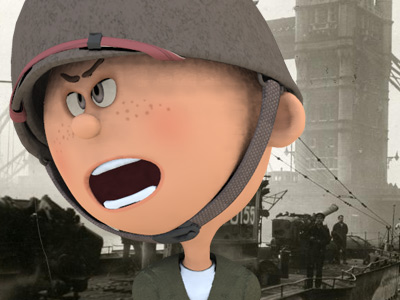
RESOURCES
This article uses material from the Wikipedia articles "World War", "World War I", and "First Battle of Gaza", which is released under the Creative Commons Attribution-Share-Alike License 3.0.
© Stories Preschool. All Rights Reserved.
